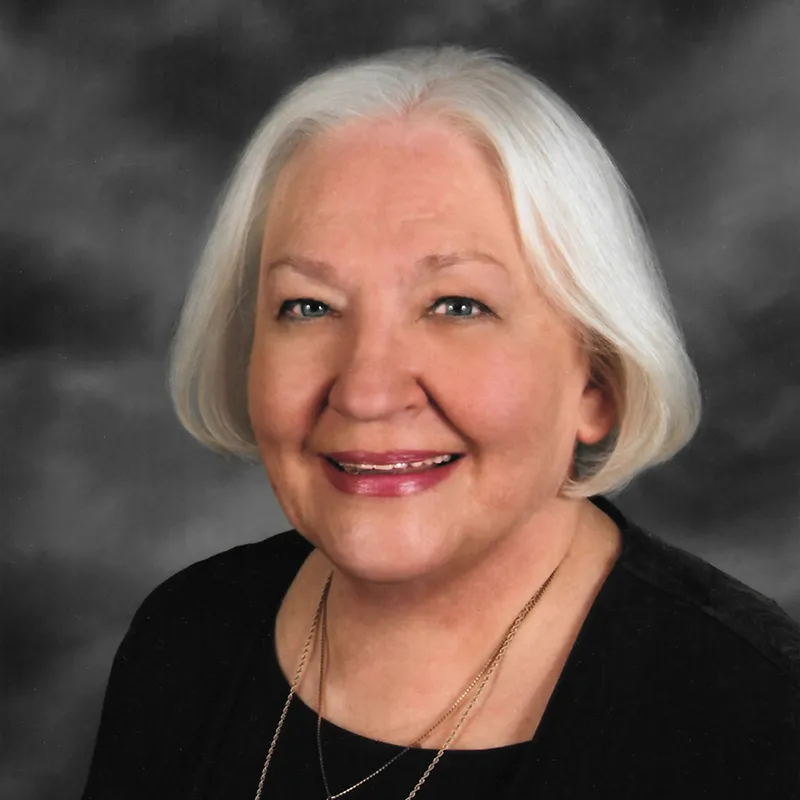Experienced Therapist for Older Adults
Hi, I’m Anita! For 40+ years, I've helped middle-aged and older adults navigate life issues and improve their wellbeing.
Let's work together.

About Me
I’m a Licensed Clinical Social Worker who has taught college courses on aging, published a book, and worked in mental health and hospice settings.
If you or your loved one are struggling with issues related to aging, contact me today to request an appointment.
All sessions are currently provided by video teletherapy.
I am licensed in the State of Michigan and accept clients from across the state.
Areas of Practice
How Does Teletherapy Work?
In my clinical experience, I’ve found that therapy via video is just as effective as an in-person visit. Many people who thought they would only like in-person therapy later say that video therapy helped them feel more relaxed and open up more easily.
If you have access to a computer (with a camera), tablet, or smartphone, we can do therapy via video.
If you’ve used Zoom or Facetime before, the software I use is very similar. You don’t need to download anything special in order to use it.
Once you request an appointment and I schedule it, you will receive an email with consent documents for you to digitally sign. (You don’t have to print off anything.) When those are complete, I will send you an appointment link. Just click it to enter the virtual waiting room.
If you run into any problems along the way, let me know. Also check out SimplePractice’s troubleshooting guide.

Testimonials
“Anita is insightful, compassionate and extremely skilled in her role as a therapist. Was not sure I’d do well on an app but with Anita’s help I can honestly say I am working harder at a brighter future, right from my house.” — A. M.
“Anita has consistently been attentive, validating, reassuring and helpful. She listens and retains all of the details I share with her. She has a warmth about her that is very comforting. Anita has also helped me by giving me information to read and worksheets for me to process my pain. She is a great match for my needs.” — S. A.
“Even though I’m only 2 weeks into my journey, Anita has already helped me take leaps and bounds in the direction I want. She is understanding, caring, compassionate, and all-round a great person to talk to.” — M. I.
Ready to Schedule an Appointment?
Appointment slots are now available! Just fill out the form here or call 586-204-1997. I will get back to you within 24-48 hours (and often much sooner).

